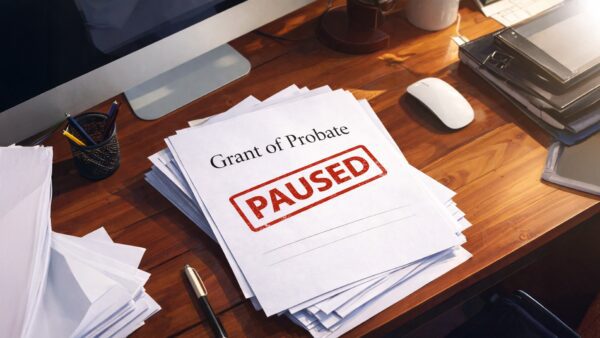Whether Intellectual Property (IP) rights make up a major or minor share of the value of an estate, testators should carefully consider how they are gifted under their Will. It is essential to ensure that IP is properly identified, valued and transferred to beneficiaries on death.
What is Intellectual Property?
IP refers to many different types of legal rights and intangible assets. Some of the most common rights to consider in estate planning are:
- Copyrights – rights to original artistic, dramatic, musical and literary works lasting for 70 years after the death of the author/creator
- Patents – protection for inventions and innovative processes lasting for 20 years from registration
- Trademarks – distinguishing branding features that can be registered for a ten year period and renewed thereafter
- Design rights – protection for the appearance of a product, in whole or in part
These types of IP often generate income during the testator’s lifetime and after their death, typically through royalties and licensing, so should be considered in the process of drafting or updating a Will.
Key considerations when gifting IP in a Will
Identification
Any IP assets should be clearly identified in the Will or accompanying Letter of Wishes with details such as registration information, creation dates and any associated agreements (such as licensing arrangement) noted in the relevant document.
Any ambiguity could lead to disputes or delays in probate being granted and onward transfer to beneficiaries.
Asset management and choice of executor
IP rights often require ongoing management including renewing registrations, negotiating terms of licensing and dealing with any infringement issues. This should be considered when dealing how IP assets are passed down beneficiaries.
Some testators will choose to create a trust structure to administer the ongoing management of these assets. In certain circumstances this can help to preserve the value of the assets over time, but advice should be sought to determine if this is a suitable solution.
It is common to appoint specialist executors or trustees to manage these assets. This is a particularly important consideration when the testator’s IP generates significant income or is involved in complex commercial agreements.
Tax implications
IP assets are subject to Inheritance Tax so accurate valuation on death is fundamental. Valuation of these assets can be complex, particularly where multiple income streams are involved, so professional valuation may be required. It is also likely that there will be income tax considerations for beneficiaries and executors. Tax advice should be sought if necessary.
Conclusion
In summary, where a testator holds IP rights they should carefully consider how they would like to pass these assets to their beneficiaries. Proper identification and valuation of these assets is essential to ensuring that the administration of their estate can progress smoothly and without delay.
Obtaining tax and estate planning advice helps to ensure that these assets are protected and preserved when being passed down to beneficiaries.
To discuss the contents of this article, please contact our Private Wealth & Tax team via the form below.









